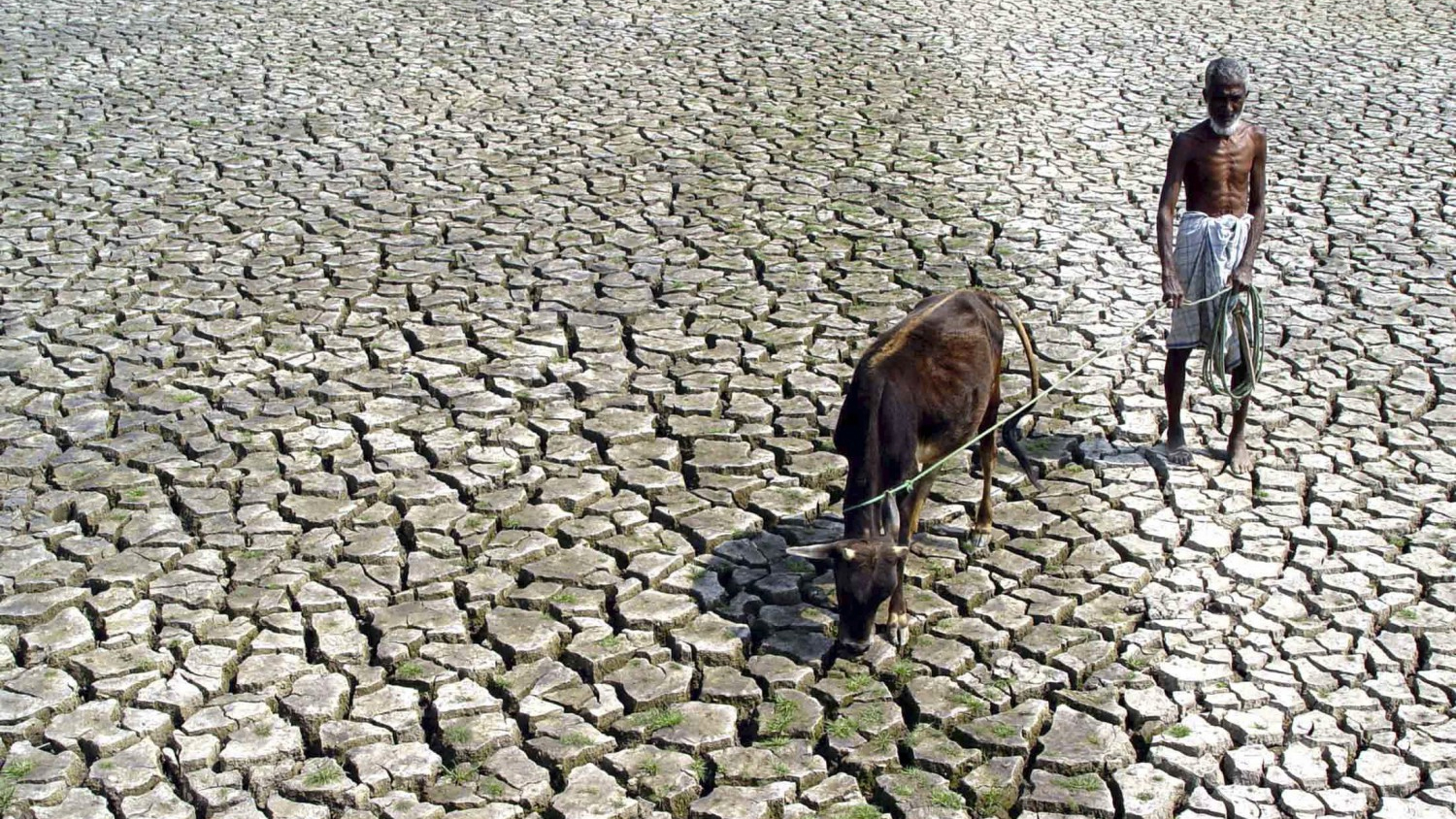It’s not news that climate change disproportionately affects the poor — but a new report from the World Bank gives us a better idea of just how stacked the deck really is.
The report is one of the first to connect climate and poverty at the level of the household. According to the Bank, a warming world will send an additional 100 million people into extreme poverty (living on $1.90 per day, according to the new standard) by 2030 — and nearly half of those people will live in India.
It’s easy to imagine how climate change can exacerbate poverty — warmer temperatures can stimulate disease and less predictable weather patterns can harm crop yields, which in turn affect food security and income. The report predicts, for example, that food prices in Sub-Saharan Africa will jump by 12 percent by 2030 due to falling farm yields.
Climate Investment Funds program manager Mafalda Duarte said in a statement that the Bank’s report should “shock the global community.” One hundred million is more than 1 percent of the entire world population (or about a third of the population of the United States). That would mean, were we to expect an even spatial distribution of poverty, that one in 100 people will fall into extreme poverty by 2030. But we’re not talking about an even distribution of poverty. The World Bank predicts that these effects will be seen primarily in Sub-Saharan Africa and South Asia — which means that, given a back of the envelope calculation, an additional one in 25 people in those regions will fall into extreme poverty. In the next 15 years. That should shock you.
Of course, one could argue that it’s in the World Bank’s interest for these numbers to be large. The larger the “development problem,” the more work the organization must be called upon to fund.
Consider the heading in the report’s executive summary: “Climate change is a threat to poverty eradication.” Not “climate change is a threat to livelihoods” or “to the world’s poorest,” but rather to the progress of development agencies. Of course, poverty eradication isn’t exactly a morally abhorrent line of work to be in, but it is a line of work. And the point is worth belaboring because many would argue that capitalist paradigms of economic development got us into this climate debacle in the first place.
For many activists, the Bank’s report offers more of the same: problem statements without real solutions. “None of the Bank’s proposed pro-poor climate policies can work if development plans fail to strengthen the ability of indigenous and local forest peoples to defend their rights and protect their resources,” said Andy White, coordinator at the Rights and Resources Initiative, in a statement. Citing research on indigenous land stewardship, White argued that the only way to craft a sustainable future for the global poor is to re-secure Indigenous Peoples’ and community land rights.
Expect this tension to be a point of discussion at the Paris negotiating table later this month — and remember, while our diplomats go back and forth on who’s getting the shorter end of the stick, the world is still warming.



